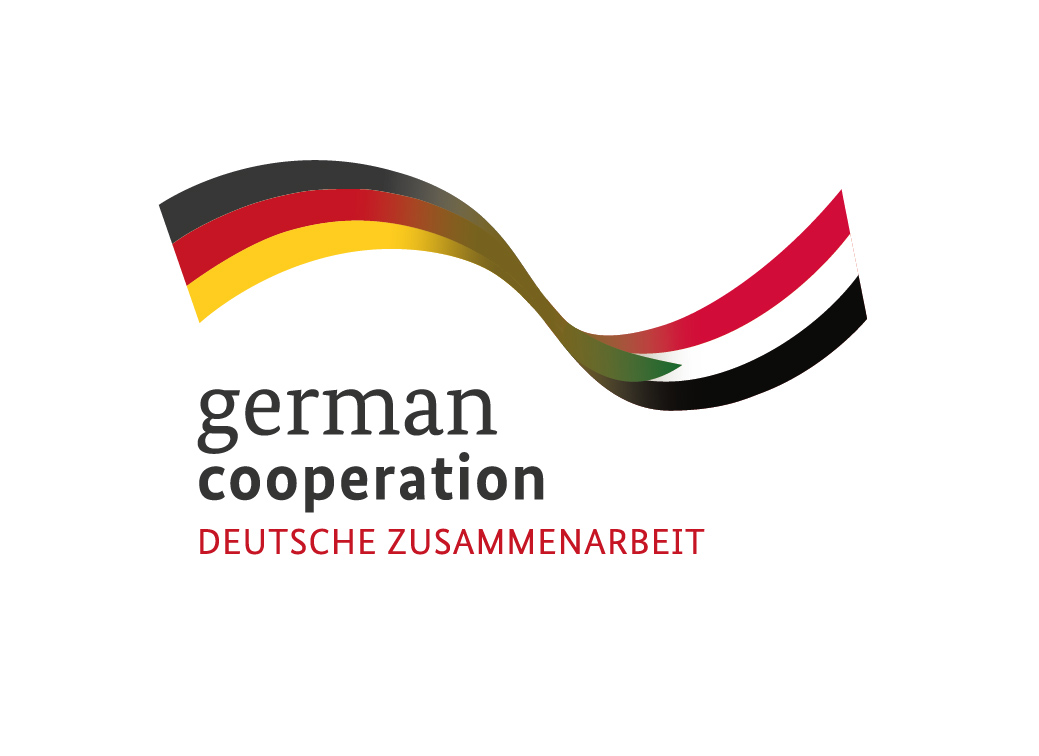In this interview, Wayamo East Africa Coordinator, Judie Kaberia and Chris Gitari, Senior Transitional Justice Advisor, Joint Monitoring and Evaluation Commission (South Sudan), discuss transitional justice (TJ) processes on the African continent, their challenges and lessons learnt. Chris Gitari recommends ensuring a victim-centred and context-specific approach when designing TJ processes. In his experience, TJ processes can only be implemented if there is political trust and support to back such agreements. Chris shares his thoughts on the role of traditional justice mechanisms, such as the Matu Oput process in Northern Uganda, the Gacaca courts in Rwanda, and the Fambul Tok system in Sierra Leone. Judie and Chris also discuss the role of amnesties in TJ processes. Conditional amnesties can allow TJ processes to go forward, as seen in South Africa for example, but the rules governing those conditional amnesties should always be clear and be victim-centred.

